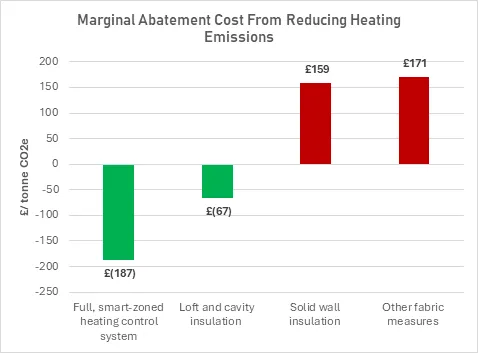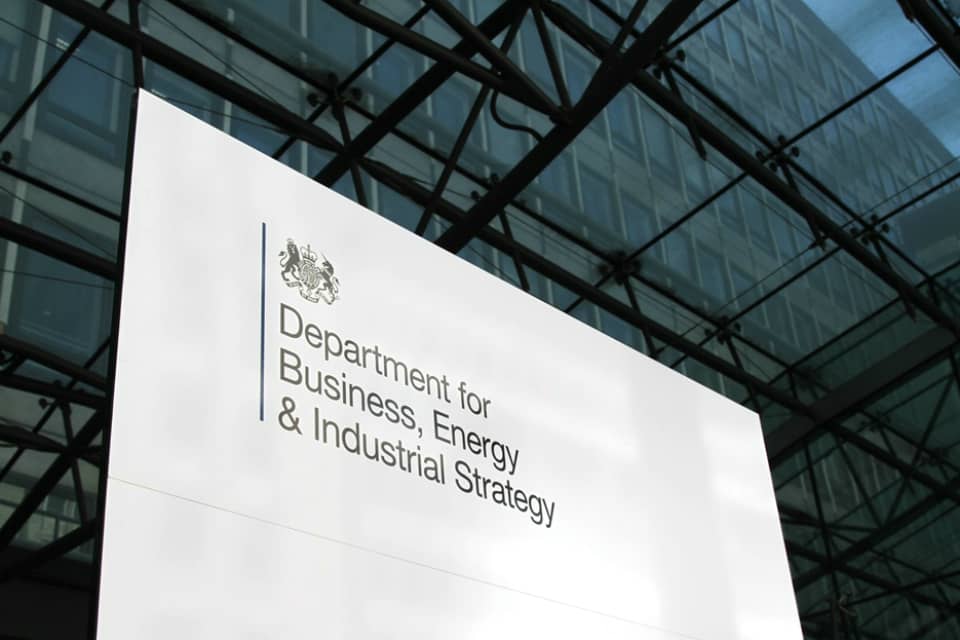How Big is the Issue of Fuel Poverty in the UK?
According to the charity National Energy Action, 6.3 million households are currently in fuel poverty in the UK[1], and the Office for National Statistics Cost of Living Insights Report (24 April 2023) noted that almost half of people (49%) surveyed reported worry about energy costs as their biggest concern[2].
The Government is investing £12 billion into Help to Heat schemes across the UK to ensure homes are warmer and cheaper to heat by funding retrofit measures. The schemes include the Boiler Upgrade Scheme (BUS), Social Housing Decarbonisation Fund (SHDF), Home Upgrade Grant (HUG) and other energy efficiency and retrofit schemes, delivered through installers, local authorities, energy companies and other bodies.
What Schemes are Available?
Help to Heat schemes each target different types of households, however they all generally have the same aim; to improve the energy performance and/or heating systems of our homes through installing retrofit measures.
Guidance released by the Department for Energy Security and Net Zero (DESNZ) outlines eligible measures for each scheme:
Home Upgrade Grant Phase 2 (HUG 2)
This scheme’s measures are graded into categories to monitor how funding is spent on various measures. Heating controls are included as Grade A measures under HUG, where more funding needs to be spent on measures under this category.
Social Housing Decarbonisation Fund (SHDF)
This scheme takes a more generalised approach to eligibility, with any energy efficiency and heating measures compatible with the Standard Assessment Procedure (SAP) that will help improve the energy performance of homes, excluding heating systems which are solely fuelled by fossil fuels being eligible.
Many schemes such as SHDF & HUG also have cost-caps which set out the maximum grant funding permitted for capital costs for retrofit works.
For government funded schemes, a whole-house, fabric-first approach is emphasised in line with PAS2035. A fabric-first approach is essential for the transition to low carbon heat; however, some higher cost measures can be difficult to install within cost-caps under government schemes due to the high costs of installation.
What does this mean for heating controls?
The availability of government grants helps to reduce the upfront cost of renewable systems and energy efficiency measures. However, heating controls offer high energy savings with lower set up costs and a reduction in energy bills. They can also be upgraded with minimal disruption to residents and let homeowners improve their understanding about their energy use by providing real-time data and allowing personalised usage insights.
Drayton by Schneider Electric have compared heating control systems against other energy efficiency measures, developing what’s known as a marginal abatement cost curve (MACC):

The MACC shows that a smart, multi-room heating controls system is able to save £187 per tonne of CO2e[3]. This is much greater than loft and cavity insulation that also produce a negative MAC. Solid wall insulation and other fabric measures by comparison produce a positive MAC, meaning that it costs much more to reduce carbon emissions using these technologies. The MACC therefore shows that heating controls are a cheaper low-carbon technology that can deliver stronger bill and carbon savings for households.
Despite this evidence, the benefits of smart heating controls may not fully be realised within scheme guidance – particularly in schemes like SHDF. Scheme guidance should offer greater recognition of heating controls, in line with fabric measures, to put greater emphasis on their benefits of energy saving and short payback periods compared to other low-carbon technologies. Heating controls should be explicitly included in guidance as an eligible measure, so that local authorities and other bodies delivering schemes can be confident measures installed are compliant and compliment a fabric-first approach.
Drayton by Schneider Electric’s role
A recent report by Which? highlighted the most common reason why homeowners don’t look into retrofitting their homes is that they believe their home is already well insulated or warm enough, with 46% of this group stating this, but evidence suggests many of these people are living in homes where energy efficiency could be improved[4]. This suggests that understanding and advice for consumers when it comes to energy use needs to be improved.
A smart heating controls system like Wiser can improve understanding of energy use to consumers, improving user behaviour and lowering energy bills by up to £440 per year[5] based on current tariffs. Installing the Wiser smart thermostat can save individuals up to 30% on their energy use due to efficient time and temperature scheduling as well as multi-room heating control capability.
Drayton have responded to the Future Homes Standard and Home Energy Model consultations to highlight the benefit of heating controls (see our latest thought piece) and are looking to engage with the scheme design for the Energy Efficiency Voucher Scheme (EEV) and input into the Social Housing Decarbonisation Fund Wave 3 consultation / clarification questions when it’s available.
[1]What is fuel poverty? - National Energy Action (NEA)
[2]Meeting or Missing the Milestones: Committee on Fuel Poverty Annual Report 2023 (publishing.service.gov.uk)
[3] Assumptions: 30% average energy savings from Drayton’s products; 15 year lifetime of Drayton’s heating controls; Cost of Drayton’s heating controls for timer, thermostat and TRVs; Average UK gas consumption for heating (source);Average gas prices from DESNZ.
[4]gm-b62b4aa1-0569-4eb4-8e7d-502e8c75ce23-insulation-report.pdf (which.co.uk)
[5]Wiser Investment Vs Savings: Installation & Payback | Wiser (draytoncontrols.co.uk)
Related Reading
Drayton stockists near you
Are you an installer?
Check out Drayton Rewards+, our new and improved loyalty scheme that gives you more. Sign up free now to start earning points and access free training!
Sign up today

